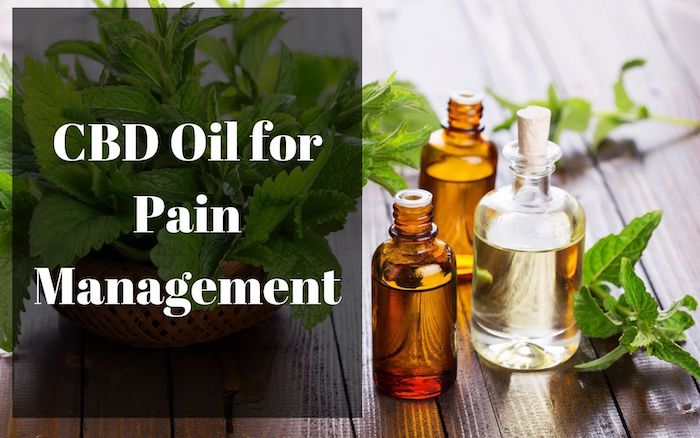Sorry, but nothing matched your search terms. Please try again with some different keywords.
MAGIC MUSHROOM STRAINS GUIDE: CHOOSING THE RIGHT ONE FOR YOUR JOURNEY

Venturing into the world of magic mushrooms can be as bewildering as exciting. Each strain of these psychedelic fungi offers a unique journey through altered perceptions and emotions.
Our guide will illuminate the path to selecting the ideal mushroom strain for your exploration, tailored to enhance your experience. Let’s dive in!
Understanding Microdosing and its Effects
Microdosing involves taking small, sub-perceptual doses of psychedelic substances to experience subtle changes in mood and cognition if decide to buy Shrooms Online. It has gained popularity for its potential benefits in boosting creativity, focus, and overall well-being while minimizing the risk of hallucinogenic effects.
What is microdosing?
Microdosing involves taking tiny amounts of psychedelic mushrooms to boost creativity, focus, and mood without full-blown hallucinations. People take a fraction of what would be considered a recreational dose.
This can be as little as one-tenth or even one-twentieth of the amount used for a trip.
People often follow a microdosing schedule. They might take the tiny dose every few days instead of daily. The idea is to experience subtle benefits without significant changes in perception or sensory effects.
Users claim that this routine helps them with various issues like anxiety, mental clarity, and life perspective while going about their regular activities.
Popularity and potential benefits
Psychedelic mushrooms, like Psilocybe cubensis, are gaining popularity for their potential medical benefits and mind-altering effects. Many users claim that microdosing these trippy fungi can enhance creativity, mood, and focus without inducing a whole hallucinogenic experience.
Research suggests that psilocybin-containing mushrooms may help with depression, anxiety, and PTSD when used responsibly under medical supervision.
These perceived benefits have led to increased interest in psychedelic compounds as alternative treatments. Despite safety concerns and ongoing research on long-term effects, many individuals are drawn to the potential positive impact of microdosing psychedelics.
Safety concerns and current research
Current research on magic mushrooms focuses on understanding their safety concerns and potential benefits. Studies have shown that psilocybin, the psychoactive compound in magic mushrooms, has low toxicity and minimal potential for addiction.
However, it is essential to consider the legality of using magic mushrooms as laws vary by location. Always consult a medical professional before embarking on a journey with magic mushroom microdosing or microdosing to ensure safe usage.
Understanding the safety concerns and current research regarding different strains of magic mushrooms can help you make an informed decision about your journey. Researchers are exploring the therapeutic potential of various strains for mental health conditions such as depression, anxiety, and PTSD.
Choosing the Right Magic Mushroom Strain for Your Journey
When choosing the right magic mushroom strain for your journey, there are several factors to consider, such as potency, effects, and personal preferences. Understanding the differences between strains and their potential effects can help you make an informed decision for a safe and enjoyable experience.
Differences between strains
Magic mushroom strains differ in potency and psychoactive effects due to varying levels of hallucinogenic compounds like psilocybin and psilocin. Some strains may induce a more intense perception alteration, while others offer a milder experience.
Understanding these differences is crucial when choosing the right strain for your journey.
Factors such as the species of Psilocybe mushrooms and their unique blend of psychoactive compounds contribute to the variation in effects among different strains. It’s essential to consider these variations and your personal preferences when selecting.
Factors to consider when choosing a strain
Consider the strain’s potency, as it affects the intensity of your experience. Evaluate the expected effects on mood and mindset. Assess potential medical benefits and any existing health conditions.
Look for strains with a good track record for safe usage.
Evaluate its flavour and aroma to ensure an enjoyable experience. Be mindful of the environment in which you plan to consume the strain. Research any legal restrictions or regulations surrounding its use in your area.
Popular strains and their effects
Golden Teacher is a popular strain known for its uplifting and euphoric effects. Users report enhanced creativity and mental clarity, making it ideal for microdosing. B+ is another well-loved strain that offers a balanced experience, providing gentle visuals and a sense of relaxation without overwhelming intensity.
When considering the right strain for you, consider factors such as potency, duration of effects, and personal preferences. Whether you’re seeking introspection or a boost in productivity, exploring different strains can help you find the perfect fit for your journey.
Conclusion
In conclusion, choosing the right magic mushroom strain is crucial for your journey. Understanding the differences between strains and considering factors like potency and effects will help you make an informed decision.
Finding the right strain can enhance your experience with these mind-altering fungi, whether for medical benefits or personal exploration. Selecting the perfect magic mushroom strain is a key step in embarking on a safe and beneficial psychedelic journey.



